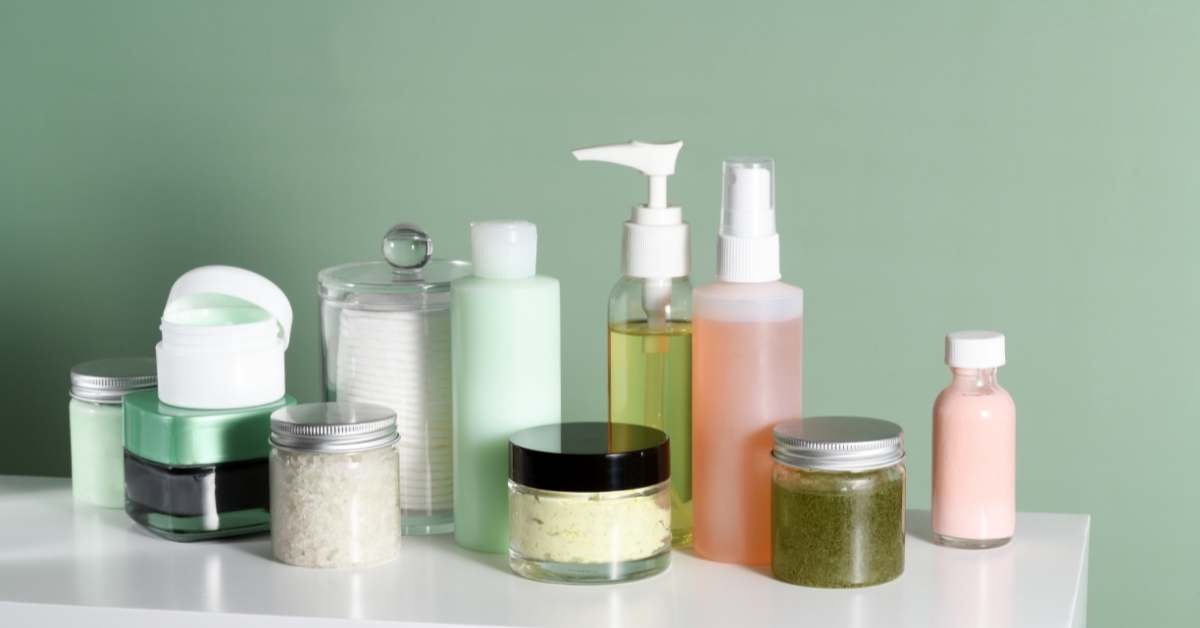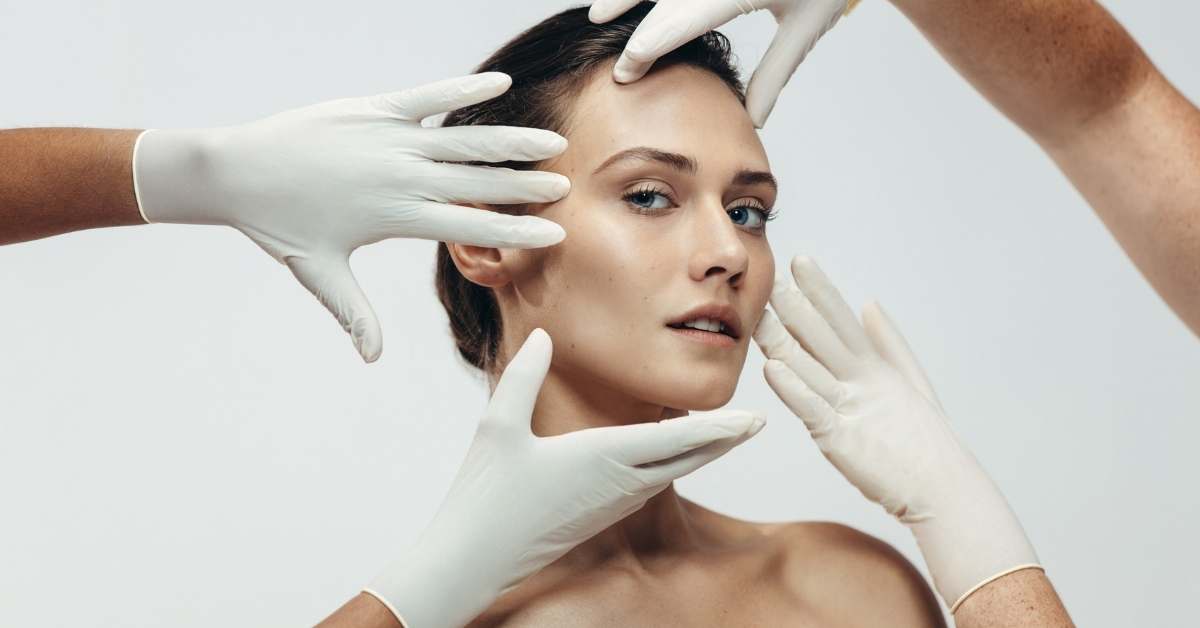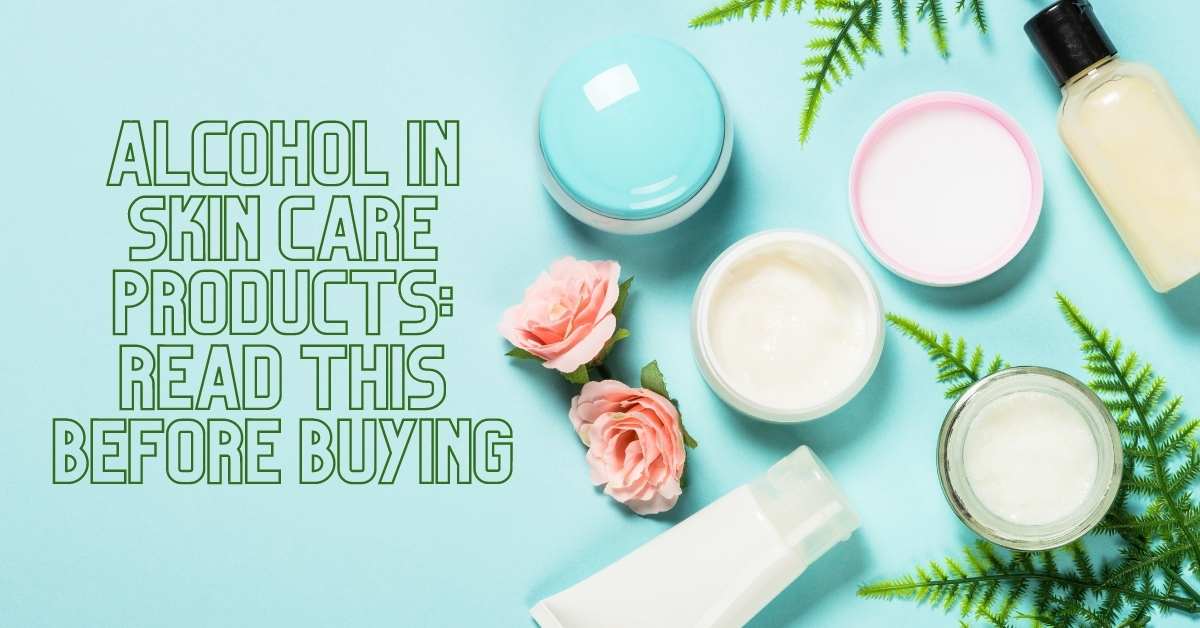Not all alcoholic products are created equal. There’s alcohol behind the bar, alcohol in hand sanitizer, and alcohol in skin care products. Is applying an alcoholic toner the same as putting vodka on your face?
No, but it’s a complicated answer that deserves its own blog article, so keep on reading to learn.
Quick Navigation
What Is the Function of Alcohol in Skin-Care Products?

Alcohol may be found in a wide range of skin-care items, including cosmetics, lotions, perfume, shaving products, dental care, and skin and hair care.
The Food and Drug Administration (FDA) defines alcohol as “a wide and diversified family of chemicals, with numerous names and a range of effects on the skin.”
Like human drug testing provided by idrugscreen.com there are number of companies providing drug alcohol testing for cosmetics.
Alcohol might be added for a couple of reasons – Alcohol will make the item feel more elegant and lighter, and it can also improve the product’s overall feel by making it faster absorbing.
Furthermore, alcohol is a potential preservative, however it is not the primary preservative because other substances fulfil that function.
The most beneficial kind of alcohol
There is a family of chemicals called as fatty alcohols that are not at all damaging to the skin. The fatty alcohols, which are frequently mistaken with the harmful alcohols such as ethanol and alcohol denat, include cetyl alcohol and stearyl alcohol, among others.
Also Read: Best Way To Get Nail Glue Off Skin
Fatty alcohols are commonly utilised in skincare products as emollients and thickeners. Fatty alcohols are not irritating and can even benefit dry skin. In terms of your skin, fatty alcohols are as similar to skin-damaging alcohol/ethanol as a martini is to a cup of olive oil.
Should You Avoid Alcohol in Skincare?

Often bad alcohol isn’t that bad. “They’re okay in spot treatments since the idea is to dry out the infection, and alcohol may achieve that.
They may also be used to reduce any surface oil before an esthetician conducts a professional chemical peel to ensure the peel penetrates the skin deeply.
Also Read: Guide To Choose The Right Perfume
What if you simply don’t want the term “alcohol” in your skincare? If you exclude every item that ends in OH [the chemical shorthand for alcohol], you would be losing out on those that have more beneficial qualities, such fatty alcohols.
Takeaway
It is usually a good idea to read product labels. The first step is to determine which alcohol is used and at what concentration.
If alcohol is mentioned as the second component, the product includes a greater concentration of alcohol and is not recommended for those with sensitive skin.
Please keep in mind that cosmetics labelled “alcohol-free” may not always guarantee alcohol-free. Products may be labelled “alcohol-free” provided they do not include “bad” alcohol.

